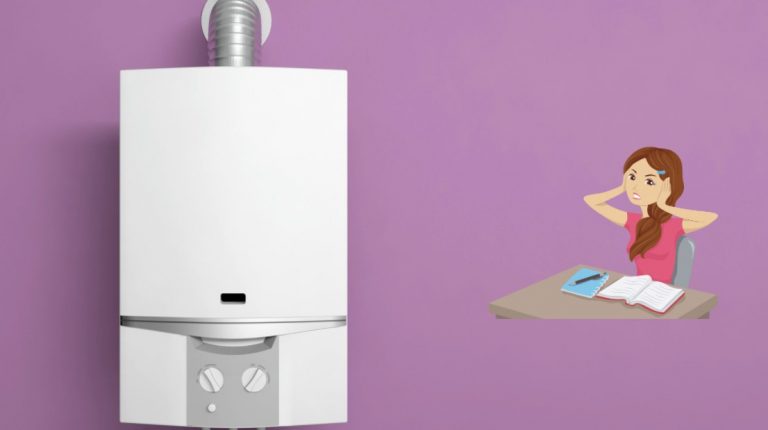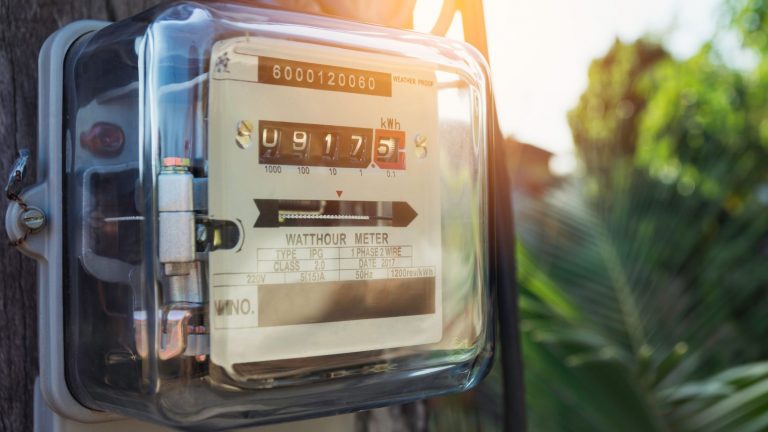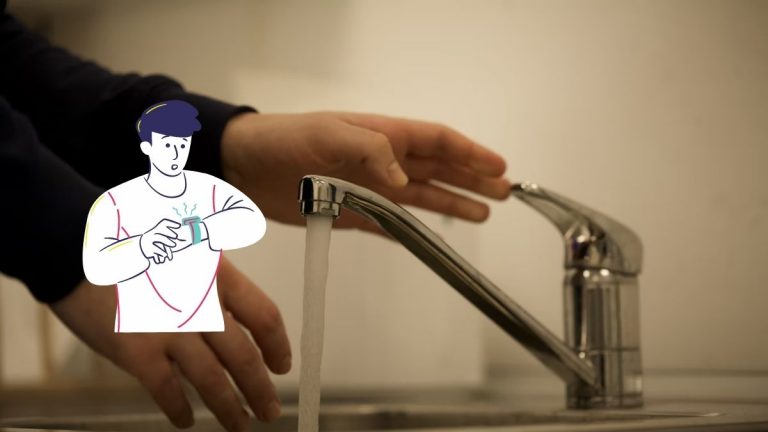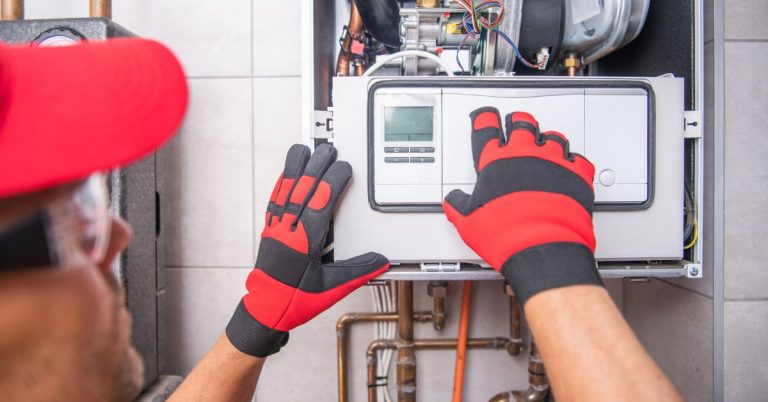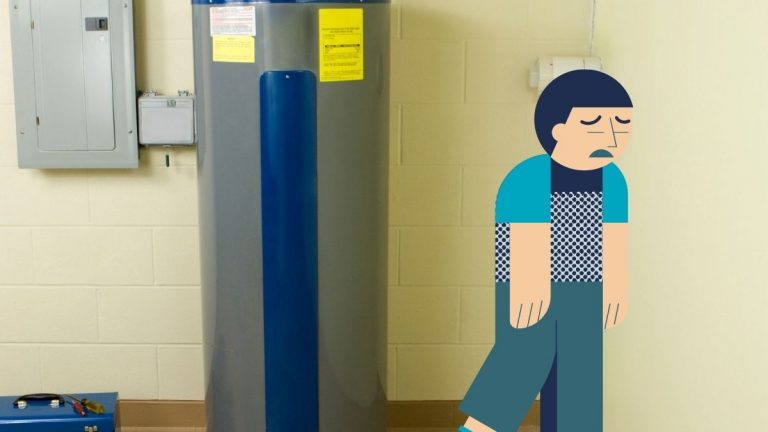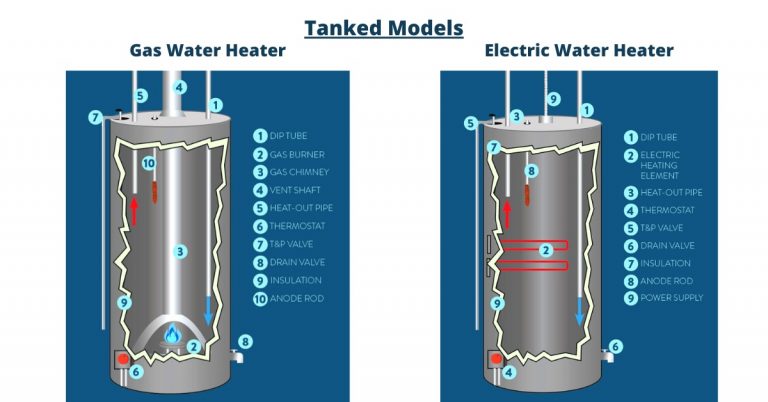6 Signs Your Water Heater is Going to Explode [+Prevention]
The water heater is one of the most essential appliances in any home that is used every day but very little care is taken of it.
Some of the prominent warning signs that your water heater is going to or can explode are the leaking T&P valve, popping or knocking sound from the tank, rotten egg smell, and brown-red colored water. Call a certified plumber if you notice any of the signs.
Some of the recently reported incidents of water heater explosion include a water heater explosion in a theater and a home in Auburn that caught fire last year.
So what causes a water heater to explode?
Water heater explosions are rare but such incidents do occur and when they do, they usually end up causing property and life damage.
One of the biggest causes of a water heater explosion is poor maintenance. The water heaters that are poorly maintained come down with problems like a malfunctioning pressure valve, rusting, and sediment build-up among other things all of which directly or indirectly can cause an explosion.
Now, the aim of this article is not to scare you that you don’t use a water heater. Instead, I plan to make you well informed and aware. Keep your water heater well maintained and regularly check for any of these warning signs that we are going to discuss now and you should be fine.
The warning signs your water heater is going to explode
All types of water heaters can explode including tank, tankless, electric, and gas-powered. Tank water heater explosion or burst is usually more catastrophic.
The water heater just doesn’t blow up suddenly. They usually show signs way before it happens. Below, I have listed and explained some of the very important warning signs that you should always keep an eye on to keep your house safe and prevent any incidents.
1. Frequently leaking temperature and pressure valve
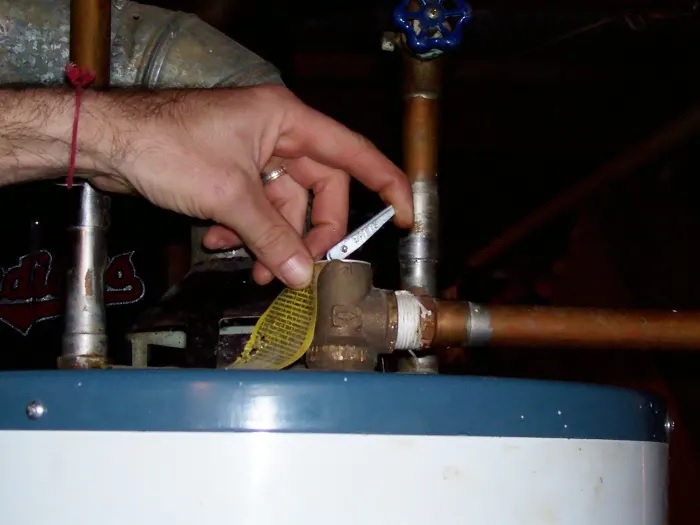
All water heaters come with a temperature and pressure (T&P) valve usually located on the top or side of the tank. It’s an essential part of the safety mechanism and functions to release excess pressure and water buildup inside the tank.
It’s normal for the T&P valve to release pressure and water now and then and it shows that the valve is doing its job. However, if you notice that the valve is frequently leaking and releasing the pressure then it could be different. It could mean that the water heater is undergoing abnormal pressure buildup. It can happen due to various reasons like rusting, sedimentation, and other things going on inside.
And if the T&P valve fails (which can happen) in such a situation then this pressure will be trapped inside of the tank. Reaching extreme levels, the water heater could turn into a rocket or blow up, or both.
2. Smells like rotten eggs
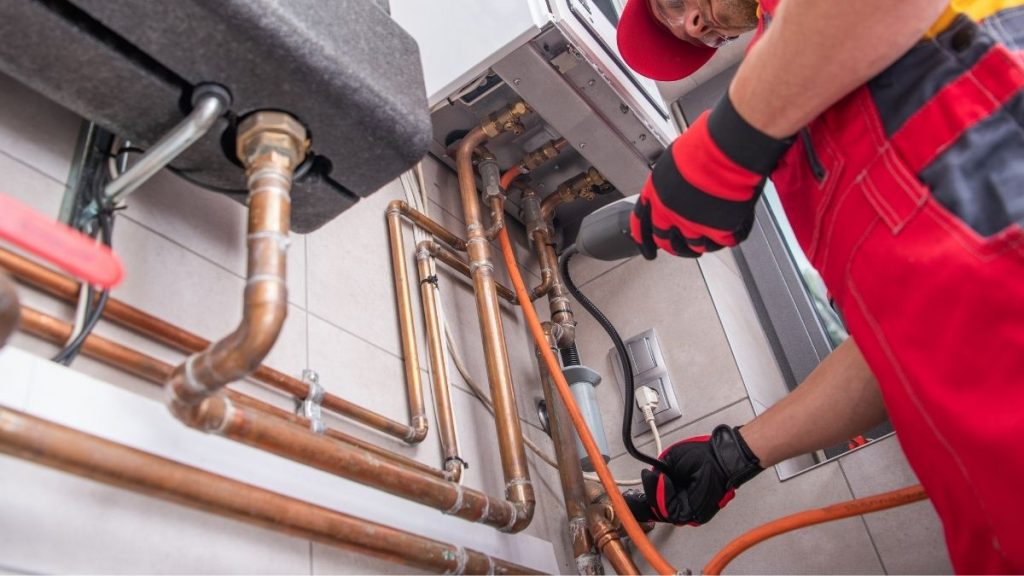
Most likely all of us are familiar with that smell of natural gas that we use in our home for cooking and stuff. For those of you who don’t know, it smells like rotten eggs.
If you have a gas-powered water heater then this warning sign is more vital to you. Are you noticing the smell of rotten eggs near your water heater? If yes then there’s a gas leakage either due to a damaged gas line or malfunctioning burner mechanism. You already know what happens when fire spark and gas come in contact. Ka-boom!
So if you notice anything like that then immediately shut the gas line and call a plumber.
3. Popping or knocking sounds
Is your water heater making popping or knocking sound somewhat similar to that of a popcorn machine? The sound is due to the sediment buildup.
When a lot of sediment builds up on the base of the tank – aka burner, it sandwiches some water and air between them. During the heating time, this trapped water gets heated too and turns into steam that burst out of the sandwich making a “pop” sound.
This sediment layer also acts as an insulator and prevents optimal water heating. So the water heater has to double up the work to heat the same amount of water.
Now, this can cause extensive temperature rise and thermal expansion resulting in water heater explosion.
4. Orange or brown colored water
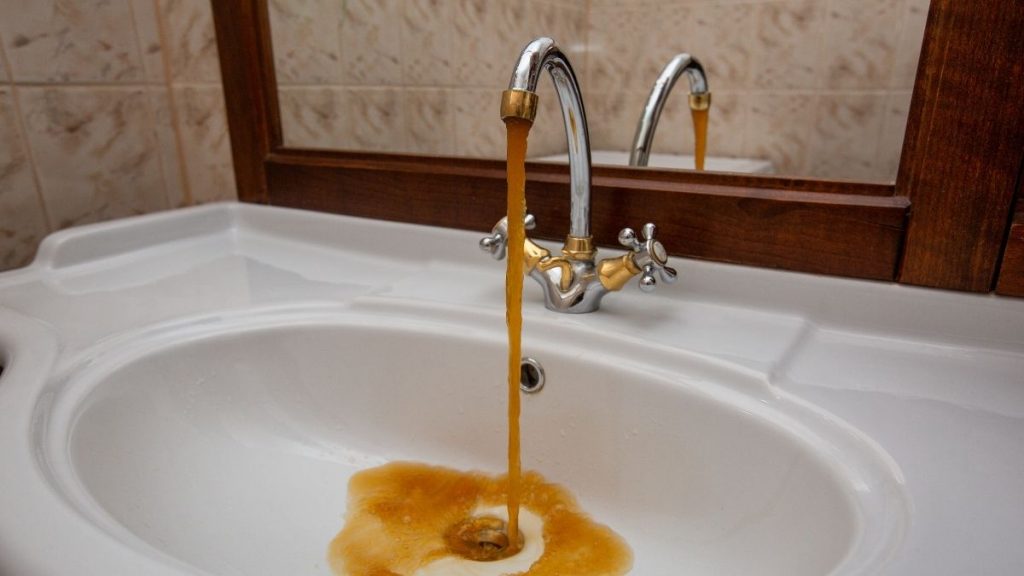
Is the water coming out of your fixtures muddy, orange or brown in color? Or is your water smelling like metal?
It’s most likely the sign of rusting or a lot of sediment buildup inside your water heater. When did you last flushed your water heater?
We have already discussed the sediments thing above. These impurities can negatively affect the safety mechanism of your water heater. It can clog the pressure valve and prevent it from functioning, causing pressure buildup and incidents.
5. Not getting hot water or heating taking too much time
Are you just woken up by the cold shower in the morning? So your water heater sometimes not heating water or it’s taking frustratingly long to heat water?
Most likely, the heating element or burner inside your water heater is sedimented. It has developed a layer of insulation causing slowed water heating.
Over time this buildup can also fail the T&P valve resulting in the inability to maintain safe pressure inside and ultimately in an explosion.
6. Substandard installation
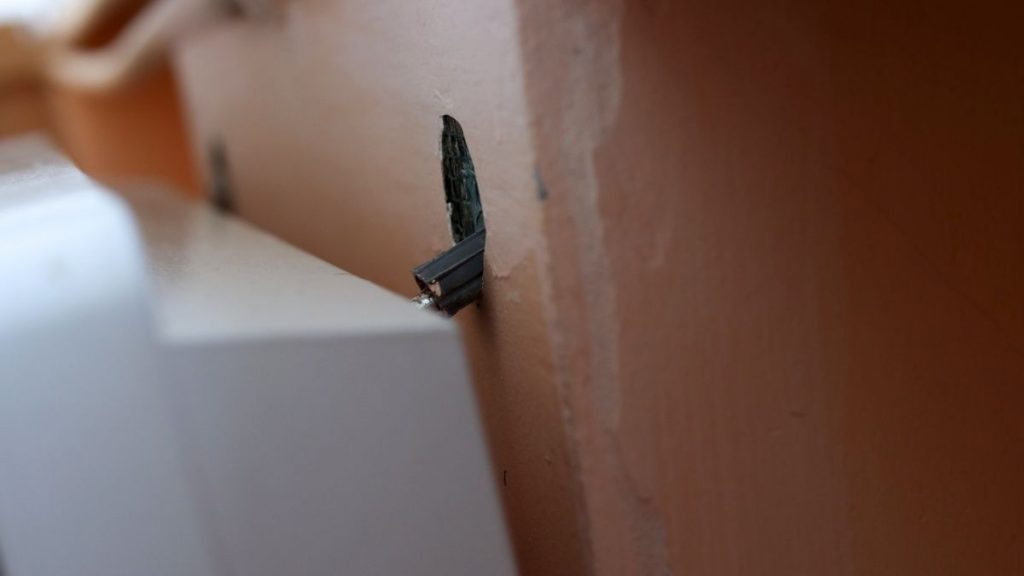
A water heater can be a risky deal if not handled properly.
Substandard or low-quality installation done in a rush or by someone unprofessional can cause a lot of money in the long run.
Soldered fitting, improperly installed controls are all signs of substandard installation. It can prevent the heater to work optimally making you pay more on energy bills every month. Worst of all is gas leakage or malfunctioning pressure release system all of which can make it Ka-boom!
Gas or electric: which water heater is better? Answer here.
Preventative measures: How to avoid water heater explosion?

Avoiding water heater bursts and ensuring that it won’t happen in your house is not that hard. Here are a few important tips that you should follow to stay safe:
- Always get your water heater installed by a certified professional plumber.
- Maintain your water heater at least annually
- Flush the sediments at least once a year or twice if your water is hard
- Keep the temperature of your water heater between 120° to 125°F at Max. Excess temperature causes fast pressure buildup.
- Always check your T&P valve for functionality. Pull up the valve every month or so to release the excess pressure inside.
- Replace the T&P valve every 3 years at least.
- Never keep flammable stuff near the water heater and keep the surrounding well ventilated.
- If you hear any hiss or it smells like rotten eggs near your gas water heater then shut off the gas valve and call the plumber
- If your water is very old and rusting then it’s better to let go of it. Replace it.
Conclusion
So yes, the water heater explosions are rare but very real. No part of this article is to scare you. It’s to make you informed and aware. If you notice any of the signs above then you better call your plumber and get it fixed. Sometimes a plumber will advise you to replace the water heater. You can check out these highly energy-efficient whole house electric tankless water heaters here.
Keep your appliance in good shape and maintained and it won’t cause you any trouble.




